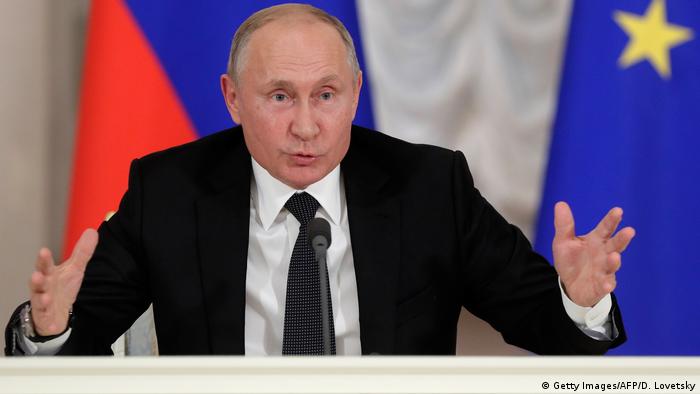By Ben Kerrigan-
Hypocritical Russia has made an unexpected call for a ceasefire, urging both sides to renounce violence and seek diplomatic solutions.
“We call on the Palestinian and Israeli sides to implement an immediate ceasefire, renounce violence, exercise the necessary restraint and establish, with the assistance of the international community, a negotiation process aimed at establishing a comprehensive, lasting and long-awaited peace in the Middle East,” she said in a statement.
While the appeal for peace may seem noble on the surface, it carries a layer of hypocrisy, given Russia’s ongoing war with Ukraine, which it initiated.
Russian Foreign Ministry spokeswoman Maria Zakharova issued a statement on Saturday, calling for an immediate ceasefire between Israeli and Palestinian forces in the wake of attacks by Palestinian militant group Hamas on Israel. Zakharova emphasized the need for both parties to show restraint and initiate a negotiation process facilitated by the international community.
She asserted that the protracted Israel-Palestine conflict could not be resolved through force but only through diplomatic means.
Russia, she claimed, stood firmly in favor of negotiations leading to the creation of an independent Palestinian state within the 1967 borders, with East Jerusalem as its capital, coexisting peacefully and securely with Israel.
Deputy Foreign Minister Mikhail Bogdanov echoed these sentiments, urging restraint from all parties involved.
He indicated that Russia was in contact with various stakeholders, including Israelis, Palestinians, and Arabs, and expressed surprise at the unexpected escalation, suggesting that had it been anticipated, measures would have been taken to prevent it.
While Russia’s call for a ceasefire may appear as a diplomatic move aimed at promoting peace in a turbulent region, it raises eyebrows due to Russia’s own actions on the international stage.
The ongoing conflict between Russia and Ukraine, which Russia initiated in 2014, has been a source of international concern and condemnation.
The war in Ukraine, particularly the annexation of Crimea and ongoing clashes in eastern Ukraine, has resulted in significant loss of life, displacement of populations, and international sanctions against Russia. The hypocrisy lies in Russia’s call for peace in the Israeli-Palestinian conflict while being embroiled in its own military aggression against Ukraine.
Understanding Russia’s motives for its ceasefire call requires a nuanced examination of its foreign policy objectives and the broader geopolitical landscape. Several factors could be influencing Russia’s stance:
Russia may be seeking to improve its international image by positioning itself as a mediator for peace in a high-profile conflict. This could be an attempt to deflect attention from its actions in Ukraine and gain diplomatic leverage on the global stage.
There is also the potential element of regional influence objective from Russia.
Russia has historically sought to exert influence in the Middle East, and involvement in the Israeli-Palestinian conflict can be seen as a way to maintain a presence in the region and strengthen ties with key players.
The ceasefire call could also be driven by domestic considerations, such as diverting public attention from economic challenges or bolstering support for the government.
Russia’s move may be part of a broader geopolitical strategy, aligning with regional powers and leveraging the Israeli-Palestinian conflict to further its interests in the Middle East.
Complex Backdrop Of The Israeli-Palestinian Conflict
The Israeli-Palestinian conflict is a deeply rooted and complex issue that has defied resolution for decades. It is marked by competing historical narratives, territorial disputes, and deep-seated grievances.
The conflict encompasses issues such as borders, refugees, the status of Jerusalem, and the right to self-determination, making it one of the most challenging conflicts in the world.
Historical efforts to achieve a lasting peace between Israel and Palestine have included numerous peace processes, negotiations, and international interventions.
While some progress has been made at various points, fundamental issues remain unresolved, perpetuating cycles of violence and suffering for both Israelis and Palestinians.




